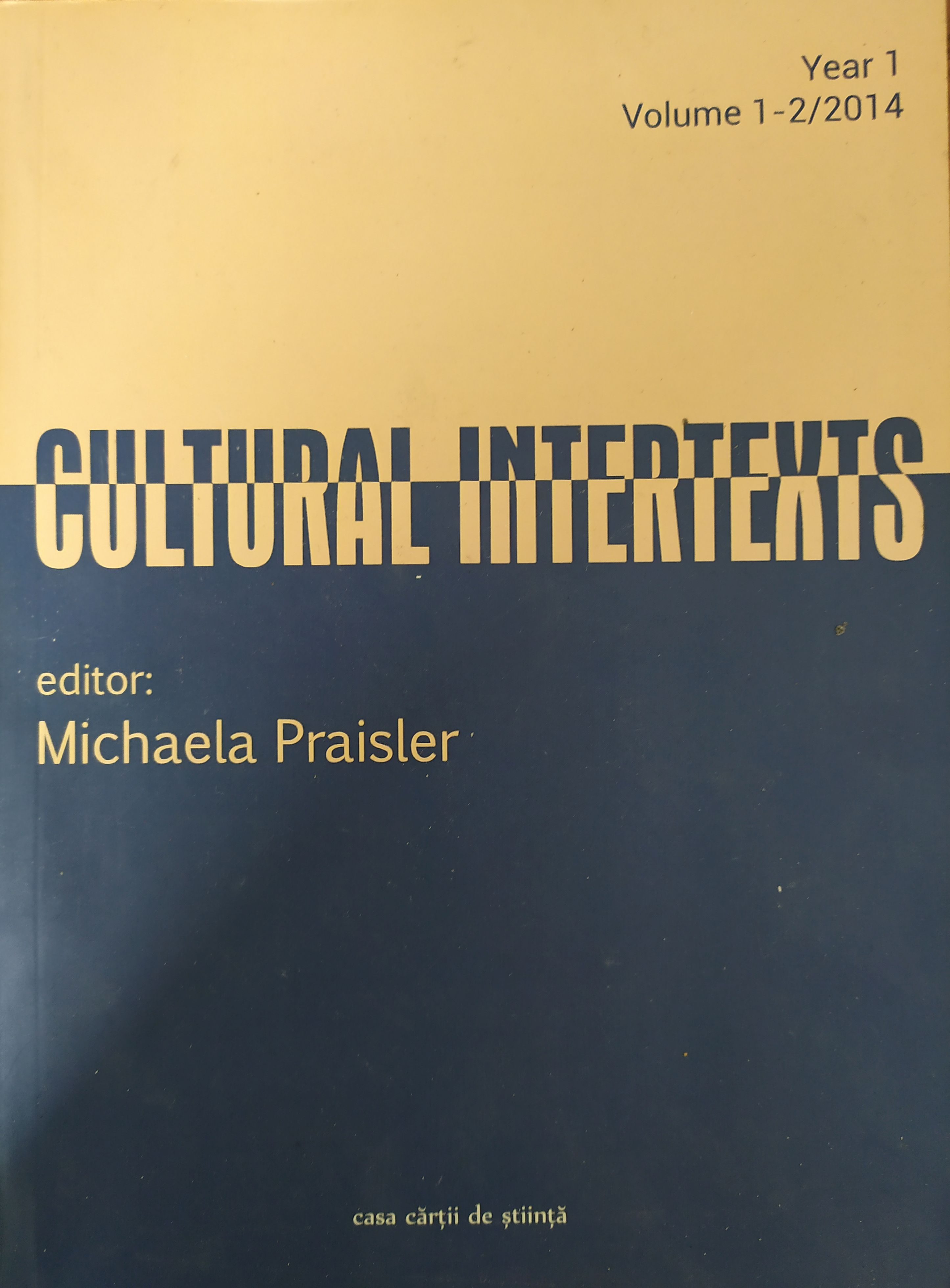On the Representations of Parent-Child Relationships in Jane Eyre by Charlotte Brontë
On the Representations of Parent-Child Relationships in Jane Eyre by Charlotte Brontë
Author(s): Alina Bujor (Pintilii)Subject(s): Studies of Literature, Family and social welfare, Sociology of Culture, 19th Century, Theory of Literature
Published by: Editura Casa Cărții de Știință
Keywords: Victorian domestic ideology; novel as genre; representation;
Summary/Abstract: The paper aims at analysing the parent-child relationships in Charlotte Brontë’s novel Jane Eyre, with special emphasis on the relationship between Jane Eyre, the protagonist of the novel, and her aunt, Mrs. Reed. For this purpose, it begins by presenting the traits of the domestic Victorian ideal as well as those of the so-called “transnormative family”, to ultimately show that the Victorian domestic ideal was not valid for everyone, which had a great impact on both parents and children in the process of upbringing. Then, the paper considers the representations of Victorian domestic relationships in Charlotte Brontë’s Jane Eyre, which the author of the novel uses to demonstrate that a strong character and an iron will, like those of the protagonist, can make a difference and change destinies.
Journal: Cultural Intertexts
- Issue Year: 1/2014
- Issue No: 01+02
- Page Range: 30-38
- Page Count: 9
- Language: English

